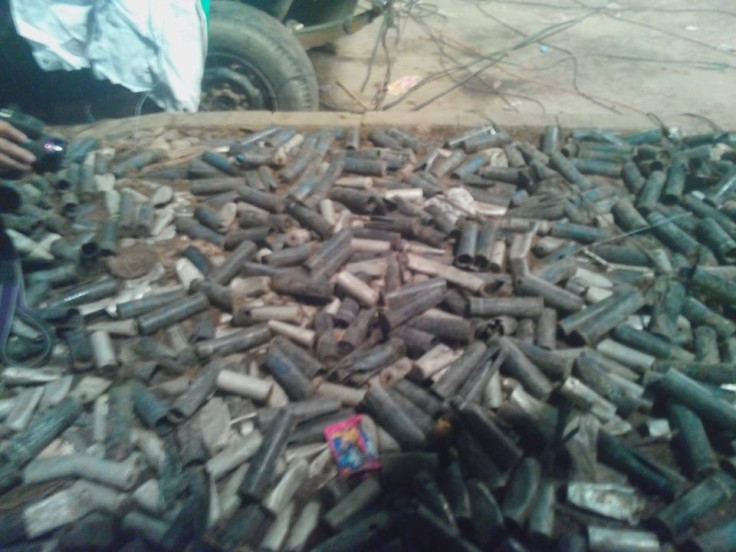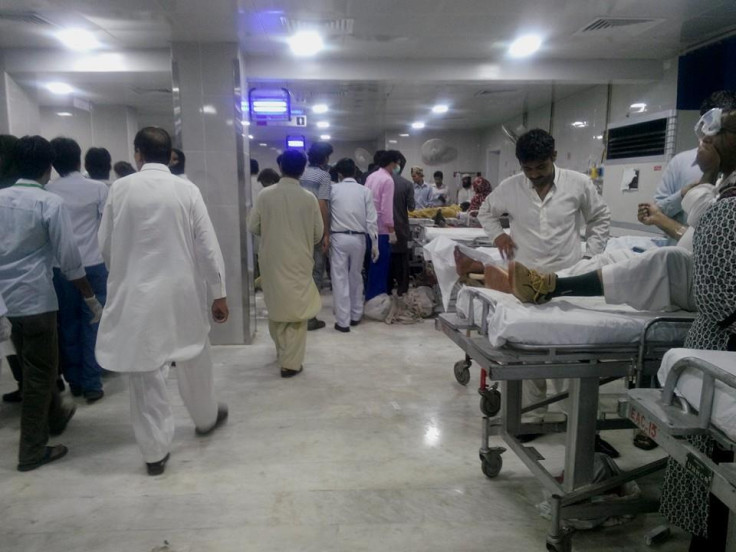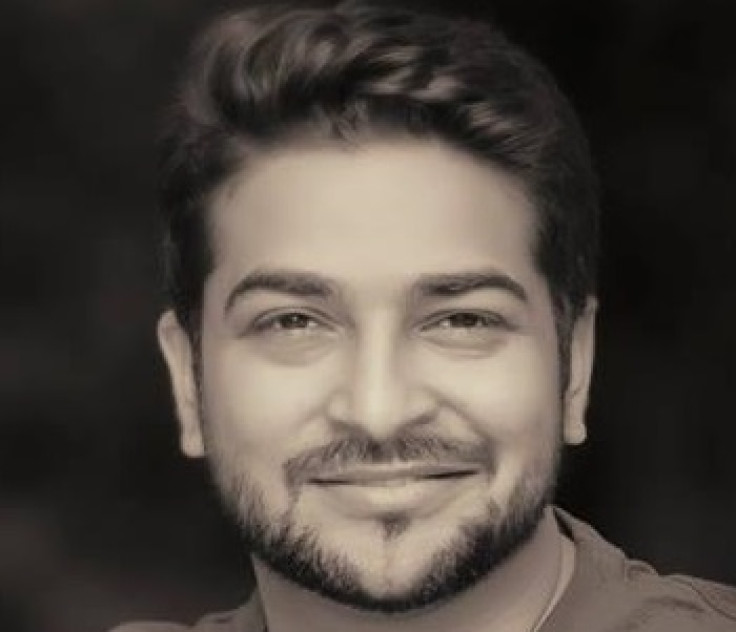Frontline Pakistan: Islamabad Protests Uncovering Yet More Layers of Corruption

I vaguely remember walking outside Pakistan's national parliament building in Islamabad, holding the hand of my grandfather (a retired military officer) and looking at the mesmerizing buildings on Constitution Avenue. I must have been 15 years old at that time. I don't exactly remember how, when and why that area became a no-go zone for all of us (except for the very rich, the very important or the very corrupt) as I never really bothered about my country back in the mid-1990s.
Sixteen years later, as a 31-year-old man, I haven't just walked outside the parliament house - I have actually been able to walk around the huge beautiful lawn of the building. And guess what, I haven't done it alone - there have been thousands and thousands of people alongside me.
This all started at the last elections, when, for the first time ever in Pakistan, millions of people came out to vote, thanks to the new breed of politicians led by former cricketer Imran Khan. I was one of the millions who cast their votes for the first time, and I was also one of the millions who looked one aghast as the elections were clearly rigged.
Today, I'm also one of the thousands who are on the road every day protesting against the corrupt system, raising our voice against the unruly, standing for a better justice system and most importantly a better country for our people.
I have been a part of this moment, known locally as the Azadi and Inqilaab movement, from the day the rallies reached Islamabad. The protesters sat in Apara Market (the capital's oldest business centre) for seven days without a single incident of violence being reported. Similarly, when the protesters moved towards the D-Chowk junction (Now famous as Azadi Square) not even a single clash happened.
The situation only got violent when the protesters started moving towards Parliament House and when the police (approximately 50,000 from all over Pakistan) started using excessive brutal force on the protesters.

On each of the five days since that brutality took place, thousands have sat outside Parliament House including a huge number of women and children. My wife and I go there every day to distribute food items to the people sitting at the protest. Every day we get to listen to a story of injustice from a family sitting there.
We have met families whose children have been murdered in front of their eyes and not even an First Investigation Report has been filed. We have met families who have been unable to get justice for their daughters who were raped, we have met people who have lost their land to the powerful feudal overlords but couldn't get justice. The most heart-rending and absolutely devastating tale came from a family whose only son, just five years old, was murdered by a feudal lord on suspicion of stealing milk which was meant for his dog.
Thousands of people from Islamabad like myself, working class tax-payers living a very comfortable life, go to these protests every day and stand next to throngs of people who have been living on the roads for an age, people who haven't showered in days and people who haven't had a decent meal for the past three weeks. All they are thinking of is a better country, a better homeland.
I have also spoken to thousands of police personnel present at the scene and tried to understand what they think about this entire crisis as we have never dealt or witnessed anything like this, or of this magnitude, ever.
There are policemen who are just there to enjoy, they basically mark their attendance and then find themselves a safe place to sit or sleep as their families are too worried, or they just don't want to work. Then there are policemen who have been told that the leaders of the protesters are Anti-Muslim (we get blackmailed and brainwashed using religion all the time). Those officers are here because of a secret agenda; killing protesters is actually helpful to their religion.
Some policeman are good - we can't ignore those who escorted women during heavy tear-gas shelling (they even told us that they want this corrupt system to end and they actually support this movement). But last, but not least, there are policemen who are NOT Policemen; they are morally bankrupt, conscience-less thugs, crooks and killers for hire. As well as their brutality towards us and the women with us, they have even snatched all our donation items.
As a representative of the silent majority of Pakistan, I honestly hope that this movement brings a corruption-free system. If it doesn't, at least it has turned a crowd into a nation.

Najaf Naad e Ali runs his own PR firm in Pakistan and regularly provides business advice to young people in Islamabd. As an activist he has taken part in the Pakistan protests since they began.
© Copyright IBTimes 2024. All rights reserved.





